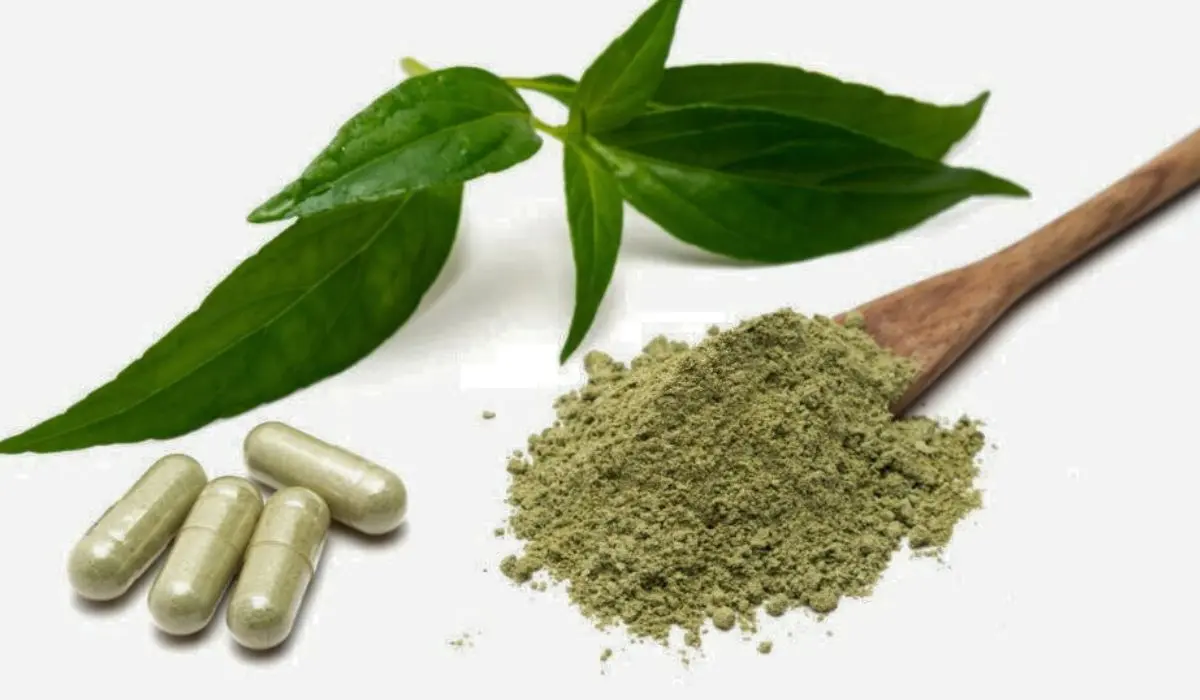Ashwagandha (Withania Somifera)is an herb commonly used in traditional Ayurvedic medicine, one of the oldest systems of medicine originating in India. The plant is also known by other names, including Indian Ginseng and winter cherry. The term “Ashwagandha” means the smell of a horse, referring to the plant’s distinct odor and the belief that consuming it may impart the strength and vitality of a horse.
What Does Ashwagandha Contain?
Ashwagandha is full of multiple components that can be helpful for the body. It has:-
1. Withanolides– These are wild compounds found in ashwagandha that are believed to contribute to various health benefits. These compounds have been studied for their anti-inflammatory, adaptogenic, and antioxidant properties.
2. Alkaloids– It contains alkaloids like somniferine, tropine, and, cuscohygrine which may have physiological effects on the body.
3. Steroidal lactones-Withaferin A is a specific steroidal lactone found in ashwagandha that has been studied for its potential anti-cancer properties.
4. Amino Acids– It contains several amino acids including tryptophan which is a precursor to the neurotransmitter serotonin and Tyrosine, which is a precursor to dopamine.
5. Phytochemicals– The plant also contains various phytochemicals such as flavanoids, tannins, and sopinins which have immune-modulating properties.

Ashwagandha Benefits
Ashwagandha is expected to offer a wide range of benefits and thorough research has been conducted to explore its effects on various aspects of health. It includes-
- Stress Reduction and Anxiety– Ashwagandha is known for its adaptogenic properties which means it may help the body to adapt to stress and anxiety. Some studies suggest that ashwagandha may reduce cortisol levels, a hormone released in response to stress.
- Depression and mood enhancement– Research indicates that ashwagandha may have antidepressant properties potentially by influencing neurotransmitters such as serotonin.
- Cognitive function– Its neuroprotective function has always fascinated researchers which could have a positive impact on cognitive functions and might preserve them for a long time. Its correlation with the protection of memory and attention makes it a favorite among kids of toddlers and the elderly who often struggle with their thoughts.
- Anti-inflammatory properties– Many of our ailments are caused due to unexplained inflammation in the parts of the body and ashwagandha is known to reduce it significantly with its anti-inflammatory compounds.
- Immune system support– Ashwagandha could also influence the way the immune system works and that too positively, enhancing the functions of immune cells.
- Physical performance and vitality– Traditionally, ashwagandha has been always included in potions to increase physical strength and endurance which may increase your stamina. Those who are dieting can take the benefits of this unique medicinal plant to increase their muscles and even help in recovery.
- Hormonal balance– Hormonal imbalance could be more fatal than one often imagines especially in women. However, ashwagandha could certainly provide some relief by balancing cortisol and thyroid levels.
- Anti-oxidant activity– Oxidative stress is often ignored unless someone is trying to lose weight. But in many cases, it could prove fatal and ashwagandha could manage it to a certain extent preventing free radicals from creating a commotion.
- Sleep quality– Sleeping 7-hours a day is indispensable. More often than not, we end up compromising. If something’s keeping you up, we suggest you go for ashwagandha and lean on it for its calming effects.
- Anti-cancer and blood sugar level– Blood sugar level is hard to get under control and including ashwagandha could be the perfect way to get it. Some researchers also have explained how it can also protect you from certain kinds of cancers.
How To Include Ashwagandha In Your Routine?
There are multiple ways in which you could include ashwagandha in your diet. That includes-
- Dietary supplement– it is widely available in the form of capsules and tablets.
- Powder– There is available to be mixed in smoothies or tea bags.
- Tinctures– it can be kept under the tongue for faster absorption.
- Traditional Ayurvedic formulations– Churnasor powdered ashwagandha can be mixed in honey, warm milk, or ghee and needs to be taken as directed.
Read More:- Benefits Of Hyaluronic Acid – How Does It Work For All Skin Types?
Conclusion
Ashwagandha is a versatile herb that has been used in traditional medicine for centuries. From stress reduction and cognitive support to the immune system, ashwagandha has gained attention for its holistic impact. However, it’s important to approach it with mindfulness considering individual differences in response, and consulting with healthcare professionals would be a great idea.

